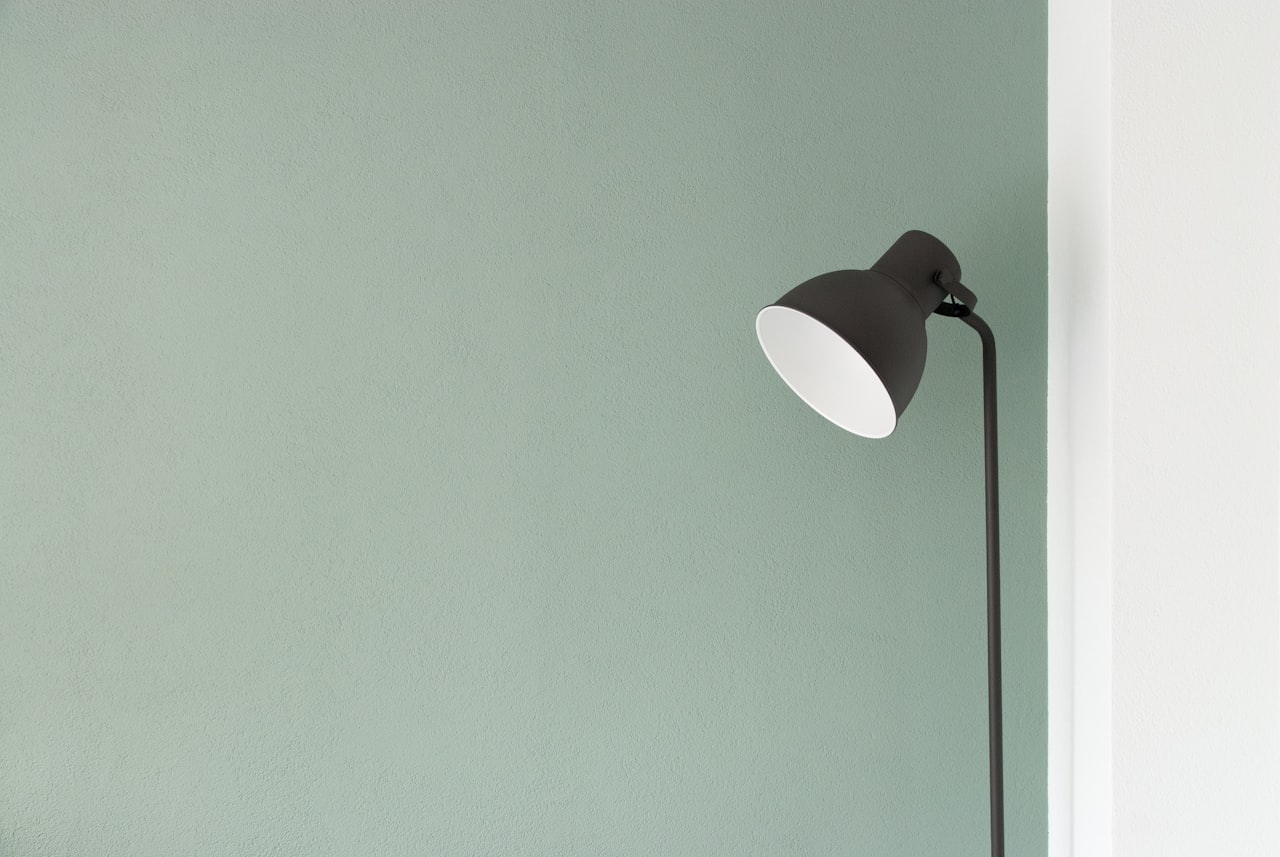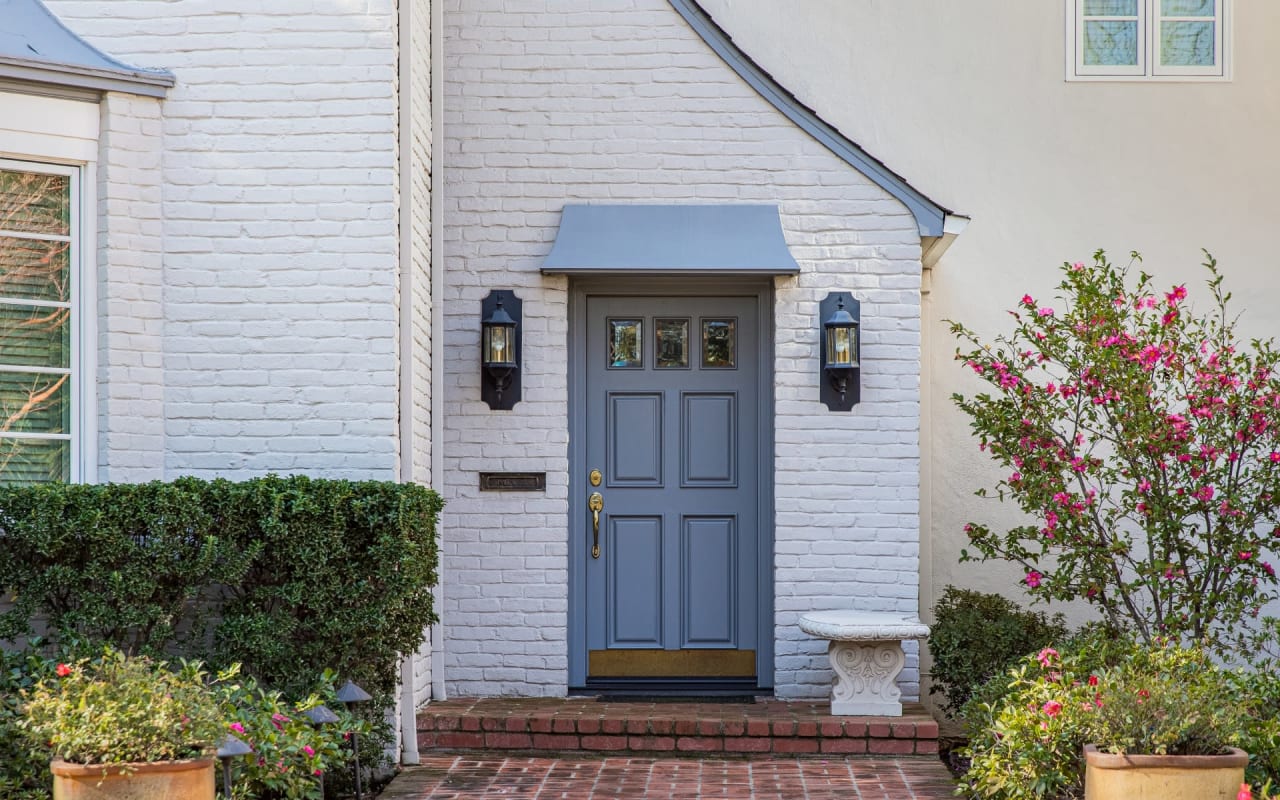We put oil in our cars, check the air in the tires and maintain them with regular check-ups. We mow our lawns, trim the hedges, and weed the gardens. But when was the last time you gave serious consideration to maintaining the energy efficiency of your home? I don’t mean the big purchases like new heating and cooling systems. I mean the little things, like seals around windows and doors.
If you are thinking about selling your home and it was built ten or more years ago, an energy audit is required according to the city’s Energy Conservation Audit and Disclosure ordinance. Sellers are required to get the energy audit, which can cost $200 to $500, and disclose the results to prospective buyers.
The idea behind the energy audit is to encourage sellers and buyers to make their houses more energy-efficient. An audit can help pinpoint exactly what needs to be done to make a home a little greener, as well as save money on the bills each month. According to Austin Energy, in the past five years, homeowners have made improvements that have collectively saved $3 million by reducing kilowatt-hours by 38 million.
Austin Energy incentives aren’t just for those wanting to sell their home. The Austin Energy website also offers information on rebates, along with energy-saving tips. Homeowners can receive up to $1575 in rebates for simple things like caulking around doors, adding insulation in attics, or putting solar screens on windows. An added bonus, if you participate in the Austin Energy Home Performance program, your home can be exempt from an energy audit if you decide to sell.
Making the switch to a smart thermostat can earn you an Austin Energy rebate of $25, plus save on energy costs in the long run.
Ceiling fans can help keep occupants comfortable and save energy during the winter heating season. They can make up for the tendency of heated air to rise to the ceiling, by circulating the heated air and redirecting it back down toward the occupants. This results in a more effective use of the heating system and lower energy consumption. Fans used during the winter should be operated at low speeds and directed upward, away from the occupants.
ECAD requires that you work with a certified ECAD Energy Professional to conduct an energy audit of any residential property you want to sell and disclose your home’s energy efficiency as part of the real estate transaction. This audit covers:
- A/C and heating system efficiency
- Air infiltration, duct performance, air sealing in plumbing, and weatherstripping
- Windows
- Attic insulation
Homeowners can use ECAD audit results to make energy efficiency improvements that increase property marketability in a competitive real estate market. ECAD audit results can also serve as an effective tool for advertising existing energy efficiency measures.
Saving energy and money go hand-in-hand. We can all contribute to reducing our energy demand by making simple lifestyle changes and energy-efficient home improvements. When demand decreases, we all save.
With fall in the air, and likely projects to consider on your house, why not make it more energy-efficient and enjoy the upcoming winter months without the gusts of wind blowing through the cracks around your windows and doors!










